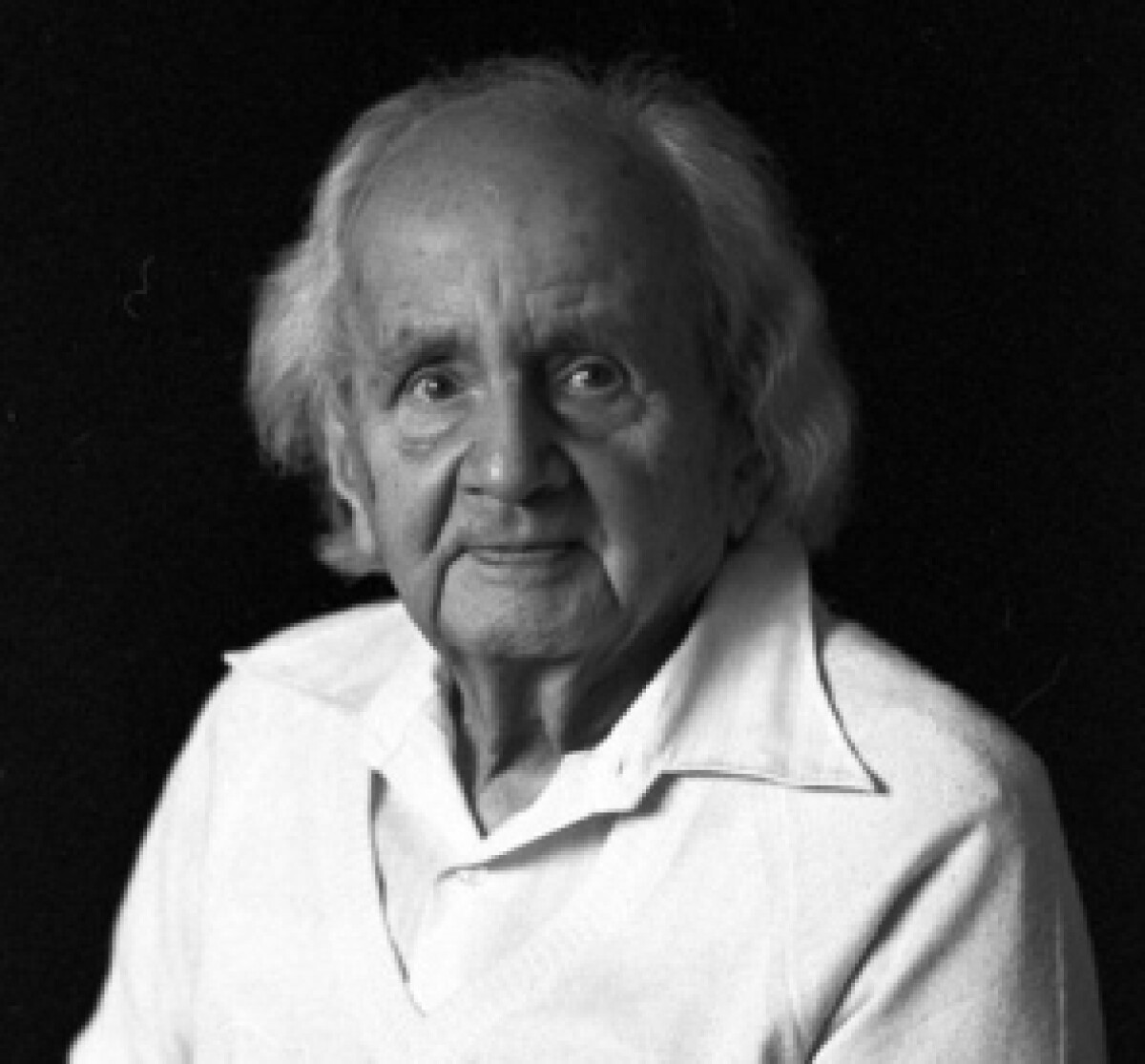
Many academicians, journalists, archivists, historians, filmmakers, cameramen, colleagues and former neighbors of Nikolai, students and pupils attended the event organized by the Union of Writers of Kazakhstan. Guests and participants of the event had an opportunity to see his books, publication about him in the national media, photos from the funds of the State Archive of Cinema and sound recordings of the Republic of Kazakhstan, private archives and the film «Portrait of a comet and Pushkin».
T. Tarskaya and Oleg Efremov, artists of State Academic Russian Theatre for Children and Young People named after N. Sats read out excerpts from the works of Nikolai Rayevsky. Like every anniversary, the event was not without gifts.
Readers for the first time met with the heroes of the Rayevsky’s future books from the «Prostor» magazine. The editors of this magazine gave the portrait of Nikolai written by the Kazakh artist Sergei Sukhov to the National Library of Kazakhstan. Film director Alexander Golovin gave unique discs with recordings of songs for the film about Rayevsky «Pisma zhivogo cheloveka» to National Library. Poet, novelist and translator of Nadezhda Chernova, the last editor of the memoirs of the writer, gave the organizers of the round table «Essays on the history of surgery in Kazakhstan», published in 1971, where, in collaboration with Raevsky the articles were prepared in Kyzylorda and North Kazakhstan.
The CEO of National Security Committee of Kazakhstan Alibek Askarov noticed the symbolism of the anniversary of Rayevsky at that time in «main library» of Kazakhstan, which is nearly three decades, was a favorite place of exiled White Army officer. At this place he continued to study the result, which became the book «Esli zagovoryat portrety», «Dzhafar and Dzhan», «Poslednyaya lubov», «Drug Pushkina Pavel Voinovich Nashekin» and others. They repeatedly republished in Kazakhstan and abroad, in the original language and translated into Kazakh, Czech and English. His best-selling book «Portrety zagovorili» was released six times, with a circulation of about 2 million copies.
Poetess Rimma Artemieva is inspirer, organizer and moderator of the round table, drew attention to the uniqueness of Rayevsky’s talent: «When Nikolai Alexeyevich asked how he managed to combine all the manifestations of his many-sided nature, he invariably replied: «We need three skills, the ability to clearly and concisely specify your aim, the ability to feel responsibility for the execution of the task and the ability to dispose of your time».
Documentary evidence to the contrary passion of the writer, which was financial source of his life, led by its communication director of the Central Archive of Scientific and Technical Documentation of Kazakhstan Gulyayhan Sarsenova: «from the preserved correspondence it is known that in 1966, N. Rayevsky twice traveled on missions to gather material for a museum on the history of surgery. In June in Leningrad, in the Library named after Saltykov-Shchedrin, in August — Karaganda… The past Nikolai Alexeyevich (camp, exile) forced the management board of the Institute to be very restrained about the possibility of his promotion. And yet, for some time he officially served as head of the museum».
E. Pritzker, worked in the 1970 at the Institute of Clinical and Experimental Surgery, remembers the stories of Nikolai in staffroom that after a long exile in Minusinsk he was in Almaty by the A. Syzganov’s invitation.
Indeed Rayevsky in 1961 worked as a senior research assistant at the Research Institute. The paradox was not in the perfect past for the Soviet people, but in the age. At the time he was accepted to the Institute he was 67 years old.
Perhaps Syzganov was attracted by the Rayevsky’s unique experience of diagnosis by a blood test. Today it is one of the legends in the writer’s biography. Most likely the reason was his fundamental education. While being in exile he graduated the Charles University in Prague, specializing in biology. He was able to speak in four European languages and has research experience. In addition, it was known that besides the creation of the Museum of History of Surgery Rayevsky took part in the development of a reference tool of Institute’s library. He created an extensive bibliography of works on the thyroid gland.
However, biographers of Kazakhstan’s luminary will learn it in more details. The task of local historians and archivists to collect unique oral testimony about the famous countryman, such as those that were made at the round table, the documents on its activities in Kazakhstan, unique autographs, which he generously gave to his readers.
Library fund of Archive of the President of the Republic of Kazakhstan has several books with inscriptions of N. Rayevsky one of his fellow writers Vladimir Vladimirov, who is the fund’s former of Administration of President of Kazakhstan.
Eugenia Chilikova,
Chief Expert of Archive of the President of the Republic of Kazakhstan
